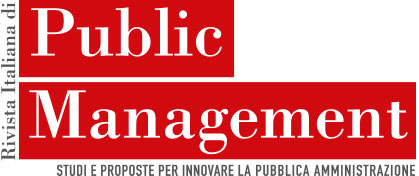La governance del Piano Nazionale di Ripresa e Resilienza: questioni critiche e nuove prospettive
di Michela Giachetti Fantini – ENEA – Agenzia per le nuove tecnologie, l’energia e lo sviluppo economico sostenibile.
The paper examines the governance of the National Recovery and Resilience Plan in order to explore critical issues and new perspectives. The task of the Ministry of Economy and Finance, that will monitor the progress in the implementation of the Plan and will be the only point of contact with the European Commission, is crucial. The “Control Room” under the Prime Minister’s Office, that will ensure the intervention’s coherence with the overall strategy, performs a core function of coordination. The governance of the Plan envisages direct responsability of national administrations and local authorities for carrying out the reforms and investments. The paper aims to analyses the impact of the PNRR on the form of government, in particular on the determination of national policy direction and on the relationship between Parliament and Government. The powers of direction and coordination of the President of the Council are enhanced to the detriment of the function of the Council of Ministers of determination of the general policy. This centralised governance, based on the Prime Minister’s Office, should be tempered by adequate forms of parliamentary control and monitoring in order to increase the role of Parliament and to safeguard Government accountability. Besides, the PNRR affects the balance between technocratic and political component in the decision-making process at national and european level. The paper investigates on PNRR consequences on the form of state, in particular on the relationship between State and Regions, taking into account of the goal of reducing territorial asymmetries. A cooperative approach is necessary to foster the participation of regional and local autonomies in the implementation of the Plan. Furthermore, the papers intend to demonstrate that in the design of PNRR the strengthening of administrative capacity and the digitalization and interoperability are finalized to ensure the right to a good administration.
In short, the PNRR is a driver of innovation for public institutions.

